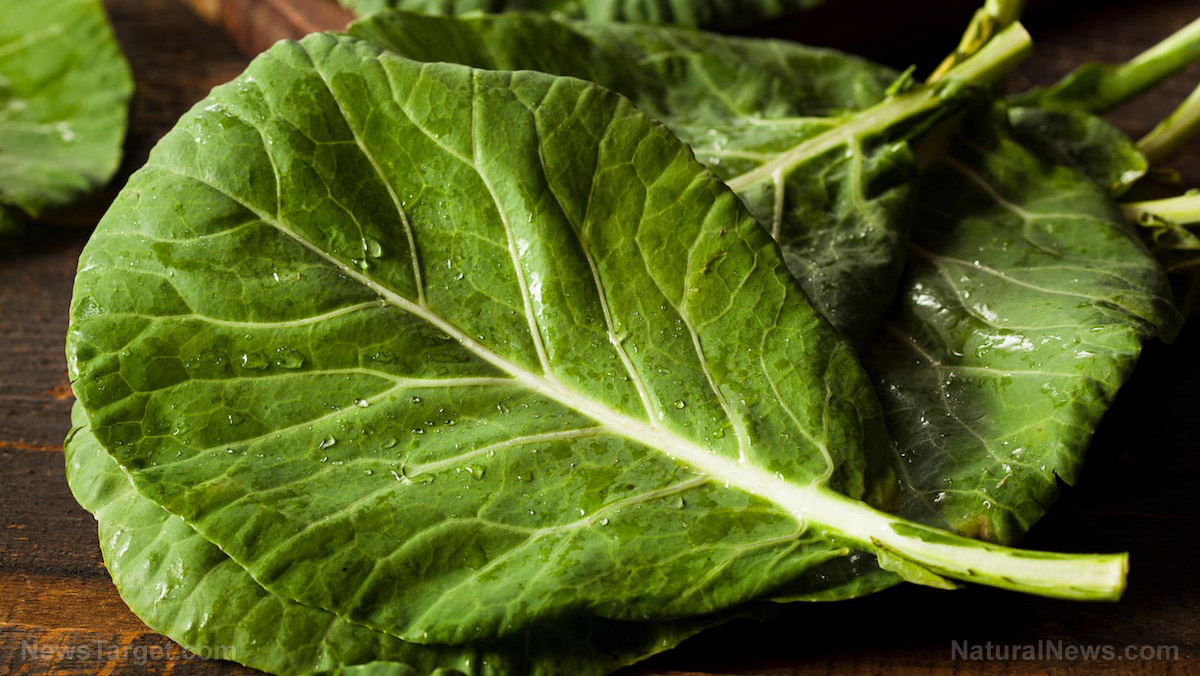Scientists discover that fermenting blueberries can restore cognitive function, improve memory for people with amnesia
09/10/2018 / By Michelle Simmons

Blueberry vinegar may help boost memory and restore the cognitive function of people with dementia, according to researchers from Konkuk University. In their study, which appeared in Science Daily, the team examined whether vinegar made from blueberries, which are rich with different active compounds, might help improve cognitive function and stop cognitive deterioration.
As part of their study, Beong-Ou Lim and his team administered blueberry vinegar to mice with induced amnesia for seven days. After that, the team performed a behavioral assessment using behavior tests.
The findings of the study revealed that the blueberry vinegar decreased the breakdown of acetylcholine and increased levels of a protein called brain-derived neurotrophic factor (BDNF) which plays a role in the maintenance and production of healthy nerve cells. The research team arrived at this conclusion after conducting in vivo studies to evaluate the mice’s performance in mazes and an avoidance test, wherein the mice would receive a low-intensity shock in one of two chambers.
Results revealed that when fed with blueberry vinegar, the amnesia-induced mice showed better performance in both of the tests. This suggests that the blueberry vinegar, which is a fermented product, boosted short-term memory. With the results, the researchers believe that blueberry vinegar has the potential to help treat amnesia and cognitive deterioration among older people.
The research built on past studies that showed the relationship of the signaling compound acetylcholine and cognitive function. Acetylcholine is a key neurotransmitter that is responsible for memory, thinking, concentration, and focus. It can be obtained by consuming dietary sources of choline, such as eggs, animal proteins, seafood, dairy, and plant sources like soybeans, nuts, and seeds.
The power of the elements: Discover Colloidal Silver Mouthwash with quality, natural ingredients like Sangre de Drago sap, black walnut hulls, menthol crystals and more. Zero artificial sweeteners, colors or alcohol. Learn more at the Health Ranger Store and help support this news site.
Earlier studies have shown that the brains of people who have Alzheimer’s disease, which is the most common type of dementia, have lower levels of acetylcholine and its receptors. Moreover, other studies revealed that stopping acetylcholine receptors interrupts learning and memory. While there are drugs that prevent the breakdown of acetylcholine to help fight dementia, they are deemed unsafe for they only last in the body for a short amount of time and can also be harmful to the liver. Therefore, the researchers believe that natural ingredients could be a safer treatment option. Furthermore, some studies suggest that natural extracts can enhance cognitive function. In addition, fermenting natural extracts can increase the bioactivity of some natural products.
The findings of the study were published in the Journal of Agricultural and Food Chemistry and received funding from Konkuk University.
Fast facts on dementia
Dementia, as defined by the World Health Organization (WHO), is a syndrome wherein memory, thinking, behavior, and the ability to execute daily activities have shown deterioration. Around the world, there are about 50 million people with dementia, with approximately 10 million new cases each year. It is most common among older people, but it is not a normal part of aging. It is caused by damage to brain cells. The damage interrupts the ability of brain cells to communicate with each other, thus affecting thinking, behavior, and feelings.
Currently, there is no treatment available to cure dementia, but there are ways on how to improve the lives of people who suffer from this condition. According to the WHO, the main goals for dementia care include early diagnosis which can promote early and optimal management, optimization of physical health, cognitive function, activity, and well-being, determining and treating accompanying physical conditions, identifying and treating behavioral and psychological symptoms, and providing information and long-term support to carers. (Related: Increase mind power and avoid Alzheimer’s with these powerful strategies.)
Read more stories on other scientific breakthroughs on Alzheimer’s disease at Alzheimers.news.
Sources include:
Tagged Under: acetylcholine, Alzheimer's disease, berries, Blueberries, blueberry vinegar, brain health, cognition, cognitive decline, cognitive health, dementia, Fresh, fruits, functional food, memory, memory loss, natural remedies, neurology, nutrients, nutrition, prevention




















